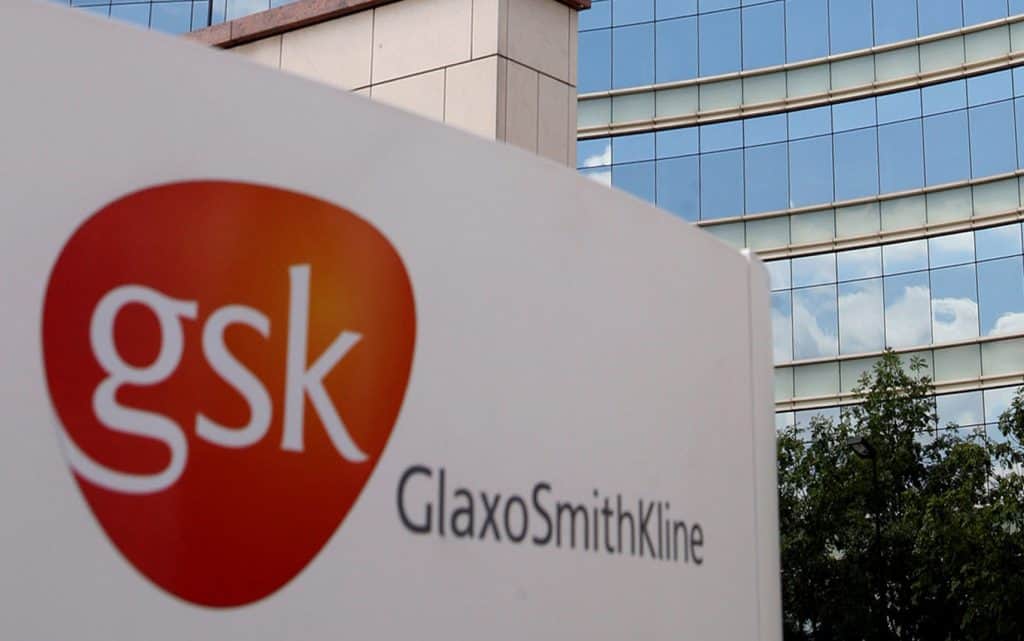
GSK in Barclays deal
pharmafile | September 30, 2013 | News story | Sales and Marketing | GSK, Zambia, barclays, csr
GlaxoSmithKline has signed a deal with banking giant Barclays in a bid to improve private sector health in Zambia, thus increasing access to affordable drugs and healthcare.
For GSK, embroiled in allegations of corruption in China, the chance to highlight its corporate social responsibility credentials elsewhere in the world is welcome.
The pharma group and the bank will invest a total of up to £7 million – a mixture of cash and on-the-ground support – over the next three years: the aim is to reach one million of the country’s 16 million population by 2016.
Rather than straight handouts, the pair will work with government and other interested parties in looking at how to set up a cost effective private sector drug supply chain – thus reducing drug shortages – and put in place health outlets run as small businesses, which can then provide basic care in remote areas.
They will also seek to test how a low-cost, small-scale (so-called ‘micro’) health insurance product might work for people on small incomes and incorporate health education into the sort of community finance networks which already exist in Zambia.
GSK created its Developing Countries and Market Access unit in 2010, focussed on expanding access to medicines for people in the world’s poorest countries, and a team has been mobilised this month in Zambia to start this new programme of work.
The company says the agreement with Barclays could create a template that can be scaled up across other countries in Africa.
Sub-Saharan Africa has an immense problem with affordable healthcare: only a tenth of the world’s population live in those countries making up the southern half of the continent, yet people there account for almost a quarter of global disease.
Moreover, only 1% of the world’s expenditure on health is in the region and just 3% of all health workers are based there.
“Though prospects for growth are improving, Zambia still experiences significant healthcare challenges,” said GSK chief executive Sir Andrew Witty.
“By combining our specific resources and skills with those of Barclays, we can help unblock financial barriers and enhance government efforts to help increase access to affordable healthcare,” he said.
While there is clearly an altruistic element to the work, it also makes business sense for the markets for medicines to be strengthened in developing countries.
“Sustainable economic development and the growth of our businesses in Africa is intrinsically linked to the wellbeing of the communities in which we operate,” said Antony Jenkins, Barclays Group chief executive. “Healthy communities lead to healthy markets.”
GSK reinvests 20% of the profit it makes in poorer countries into projects that strengthen healthcare infrastructure: in Zambia it has already implemented a ‘train-the-trainer’ scheme which is helping to improve the skills of community health workers.
In 2011, the pharma firm donated 2.8 million doses of albendazole to treat children in Zambia at risk from soil-transmitted helminths, through a school-based programme organised by the Ministries of Health and Education and supported by the World Health Organisation.
Adam Hill
Related Content

GSK shares results from phase 3 trial for gonorrhoea treatment
GSK has announced positive results from its phase 3 EAGLE-1 trial for gepotidacin, a potential …

GSK’s meningococcal vaccine candidate accepted for FDA review
GSK has announced that the US Food and Drug Administration (FDA) has accepted for review …

GSK shares data from phase 3 trial for Jemperli combinations for endometrial cancer treatment
GSK has announced positive results from part 1 and part 2 of its RUBY/ENGOT-EN6/GOG3031/NSGO phase …







